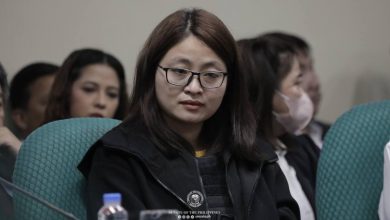The International Criminal Court (ICC) has issued arrest warrants for Russian President Vladimir Putin and Russia’s commissioner for children’s rights, Maria Lvova-Belova.
The court accuses Putin of committing war crimes during Russia’s invasion of Ukraine in 2022, specifically the unlawful deportation of children from Ukraine to Russia.
The ICC claims that Putin was directly involved in the crimes and failed to use his presidential powers to stop the deportations. The warrants were initially considered to be kept a secret, but the ICC decided to make them public in the hope of preventing further crimes from being committed.
Moscow has denied the allegations and dismissed the warrants as “outrageous”. However, the move could have an impact on Putin’s ability to travel internationally. The ICC has no powers to arrest suspects and can only exercise jurisdiction within its member countries, of which Russia is not one.
In response to the news, US President Joe Biden stated, “I think it’s justified” and noted that Putin “clearly committed war crimes”. Russian opposition leaders welcomed the announcement, while Kremlin officials dismissed it.
ICC prosecutor Karim Khan emphasized that “children can’t be treated as the spoils of war, they can’t be deported”. While there is little chance that Putin or Lvova-Belova will appear in court, as Russia is not a signed member of the ICC, the warrants could present Putin with legal and diplomatic challenges.
Jonathan Leader Maynard, a lecturer in international politics at King’s College London, explained that the ICC relies on the cooperation of governments to arrest individuals, and Russia is “obviously not going to cooperate in this respect”. However, Khan pointed out that no one thought Serbian leader Slobodan Milosevic would end up on trial for war crimes in The Hague, so those who commit crimes should “perhaps look at history”. The ICC’s move also presents a level of embarrassment for the Kremlin, which has always denied allegations of Russian war crimes, that such a pan-national body as the ICC does not believe its denials.




